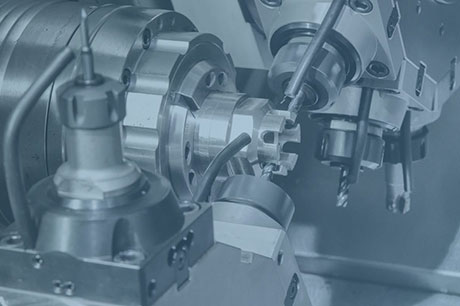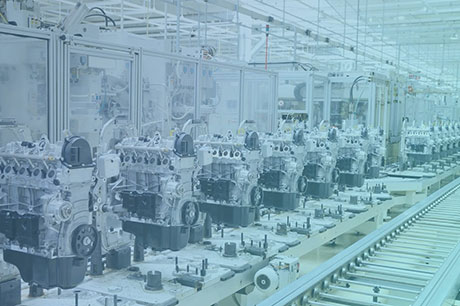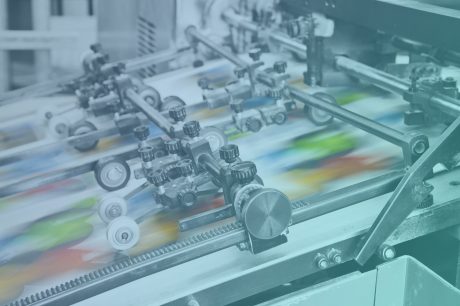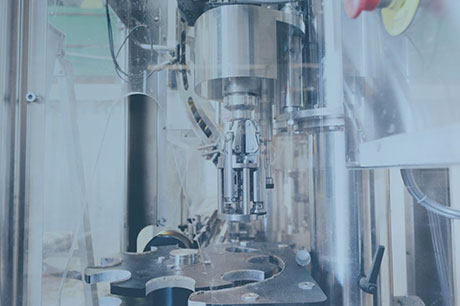ALPLAN® 7075
finally milled on both sides –
for extremly precesion
High-strength precision rolled plate
Alloy: 7075 (AlZn5,5MgCu)
Type of alloy: heat treatable
Temper: T651
Surface:two surfaces precision milled, roughness Ra 0.4 µm, foiled on both sides
- very high strength
- narrow tolerances of thickness and flatness
- very good machinability
- very good hardness
- two sides precision machined surface
In certain applications, the use of higher-strength cast plates is not sufficient; high-strength rolled plates must be used. However, the problem with rolled plates is the wide toleration of thickness and flatness, which results in extremely complex processing. Precision rolled plate ALPLAN® 7075 from alloy 7075 (AlZn5.5MgCu), finely milled on both sides and covered with protective foil, provides users with a semi-finished product which drastically reduces the time required for machining.
Applications

Toolmaking
In, for example, cutting and stamping technology, ALPLAN® 7075 is widely used for anvil caps and punch retainers.

Device construction and mechanical engineering
Heavily-loaded transfer and coordinate plates can be made in very short amounts of time with ALPLAN® 7075.

Packaging and printing industry
Base and support plates that are exposed to high stress due to structural or functional reasons are one of the many fields of application of ALPLAN® 7075.

Automation technology
In automation, for example rotary indexing tables, can often be economically produced from this semi-finished product due to the uniform flatness of ALPLAN® 7075.
Expert tip
If components show a very high degree of machining and they must be highly accurate, there can be a problem with warping when using rolled plates. This risk can be minimised if the processed component is subjected to stress relief annealing after the roughing operation at 140 ° C for 2 hours and only then is finished.
